Fewer than 20 dental technicians graduate annually in Belgium, yet each year more than 50 retire. If you want
to find staff for your dental laboratory, you have to be inventive, says Bart Verkeyn of Dentaal Tema.
Dentaal Tema is based in Bruges, employs 50 staff, and is among the top 5 dental laboratories in the country. As operational manager and co-manager, Bart Verkeyn is responsible for the recruitment, selection and training of new dental technicians. Why are so few people entering the profession? “Dental technician is a rather unknown profession that unjustly has a somewhat poor image. In addition, there are only limited opportunities for training”, he explains. “We are a rather small sector: in 2019 we numbered 1,300 employees. If young people have even heard of the profession, they associate it with monotonous manual work, drilling and polishing in a dusty cellar. Yet in recent years we have evolved into a high-tech environment where new techniques such as 3D-printing have been introduced. The new techniques will not solve the shortage of dental technicians. We will always need people with teeth and mouth expertise. Dental technicians evolve to become fully acknowledged partners of the dentist. And to do away with the final prejudice: it is a business which pays good, competitive salaries, plus fringe benefits.”
Inflow
Rather than accepting the situation, Bart has established a creative HR policy. In our experience, dental technician is a shortage occupation in several European countries. Collaboration and attempts at recruitment in other European countries failed to produce additional employees for our company in Belgium.
The solution? With the help of the Flemish Service for Employment and Vocational Training (VDAB), Bart is fishing outside the tiny pool of existing technicians and is training candidates to be qualified dental technicians himself. “We search the VDAB database for people with limited or no dental knowledge.
Our condition is that they are prepared to work and learn and are gifted with a certain dexterity – handy DIY’ers, so to speak. It sounds like a daring move, but the success rate is surprisingly high. “Of all the people we have recruited in this way, only one is not in a full-time job or training,” says Bart.
Trial day
You can ask people whether they want to work and be trained. But whether a candidate is sufficiently dexterous is something Dentaal Tema assesses on a trial day. “You quickly see whether somebody has it or not”, says Bart. “And for the candidates, it gives them the opportunity to experience how we work and get some idea of the atmosphere in the company.”
If there is mutual agreement, candidates are engaged under a so-called IBO contract. An IBO is an individual vocational training programme, with training in the workplace, offering benefits for both the employer and the prospective employee. Employers provide jobseekers with three to a maximum of six months in-house training on the workfloor. VDAB provides assistance and support and, if necessary, there is also free language coaching. Every successful training results in a recruitment.
“Each IBO employee has their own mentor, a coach who supervises and assists them,” says Bart. “We don’t expect all our employees to do this. They must be people who want to do it and who can support trainees and direct them in a constructive way.”
Language coaching
Bart is extremely enthusiastic about the language coaching for people who speak little or no Dutch. “A VDAB language coach visits us for half a day each week to help our IBO workers polish up their professional Dutch. Their knowledge of the language sometimes progresses with leaps and bounds. The best example is someone who started here a year ago and had a very limited mastery of Dutch. You can now hold a simple conversation with him. This man is highly motivated. He has been following additional Dutch lessons on the internet during the corona lockdown.”
Growing demand
“It was a conscious choice to make a Belgian product. In this way, we do everything ourselves and can continuously monitor the quality. Our clients are making the same choice and are prepared to accept the possible price difference. By managing the entire chain, we can offer additional service, quickly adapt to (changing) requirements and offer flexibility in our warranty conditions. But we continue to balance on the edge of a structural shortage. Eventually we may have to consider entering into a collaboration or even a merger with other Belgian laboratories in order to address the growing demand.”
IBO in brief
IBO is the abbreviation of the Dutch Individuele Beroepsopleiding (individual vocational training programme). Under an IBO, an employer offers a jobseeker on-the-job training in their company. Often this is the next step after a course in a training centre. With an IBO, the jobseeker gains experience and the employer moulds their ideal employee. Following successful training, the employer recruits the candidate.
It is a useful instrument for filling vacancies in shortage occupations. In those, employers are often unable to find sufficient candidates. What’s more, candidates often lack certain competencies or the necessary work experience. IBO offers an answer for both the employer and the future employee.
Last year, VDAB (Flemish Service for Employment and Vocational Training) and partners completed 11,648 IBOs. And it works. Because 70% of the trainees who follow on-the-job training find work within three months. The outflow of trainees without workplace learning is only 61% after three months.
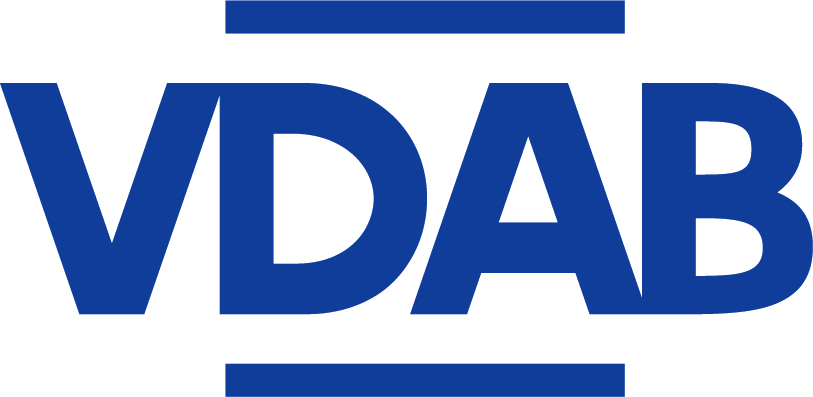
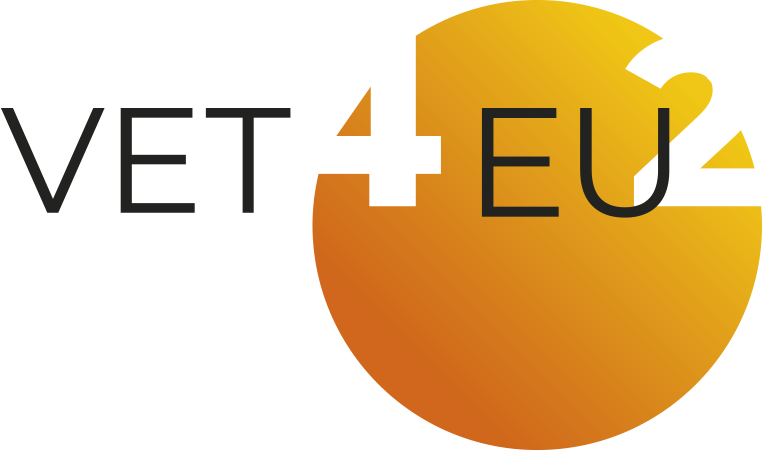
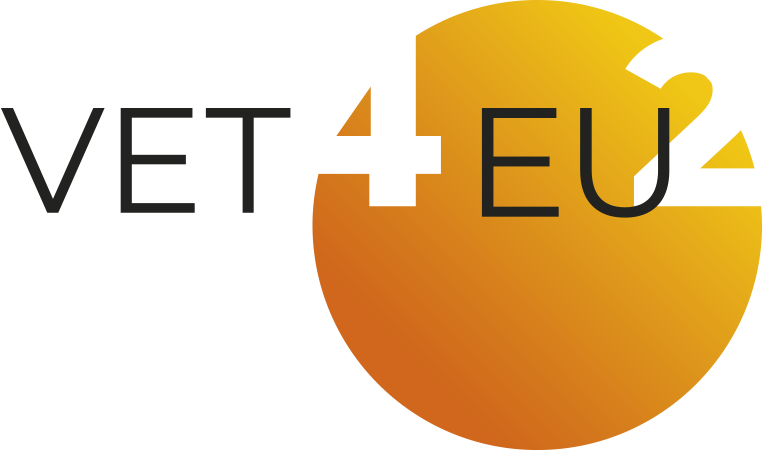

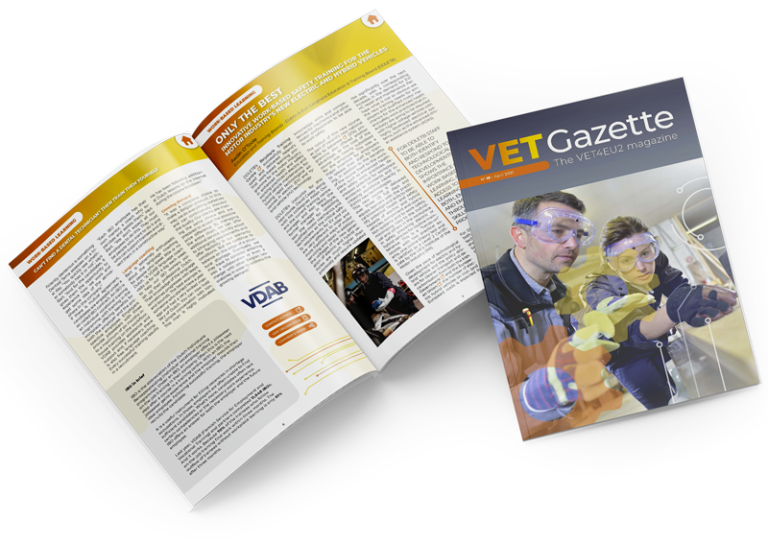
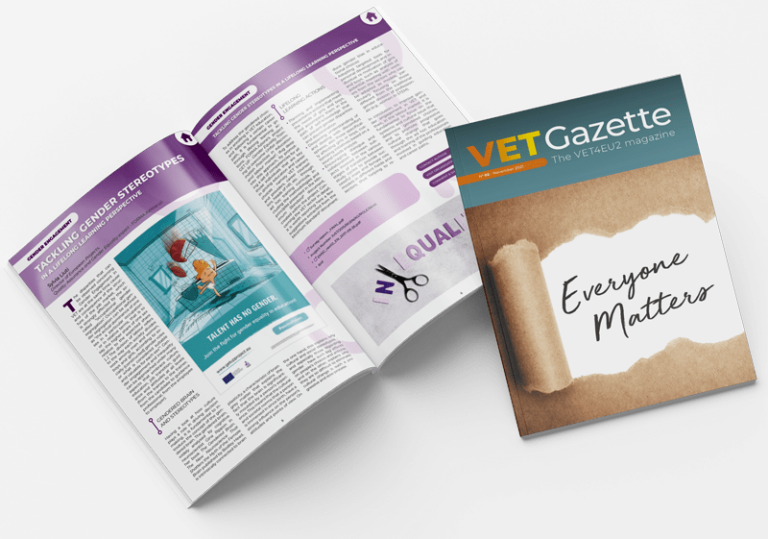
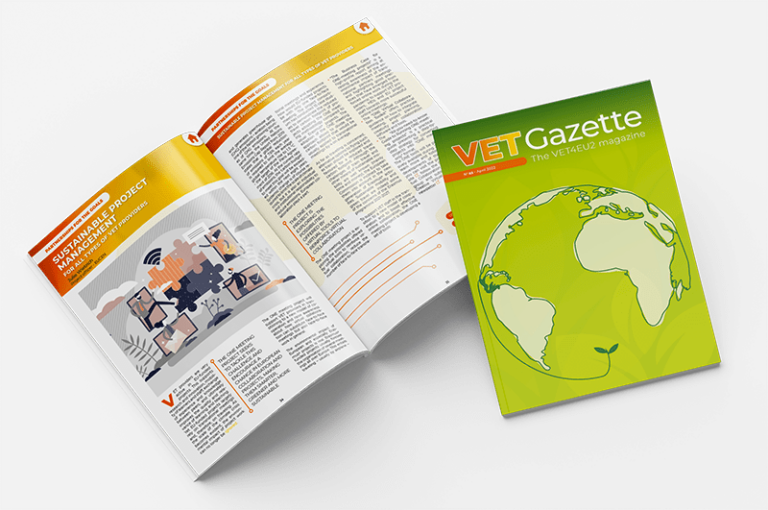
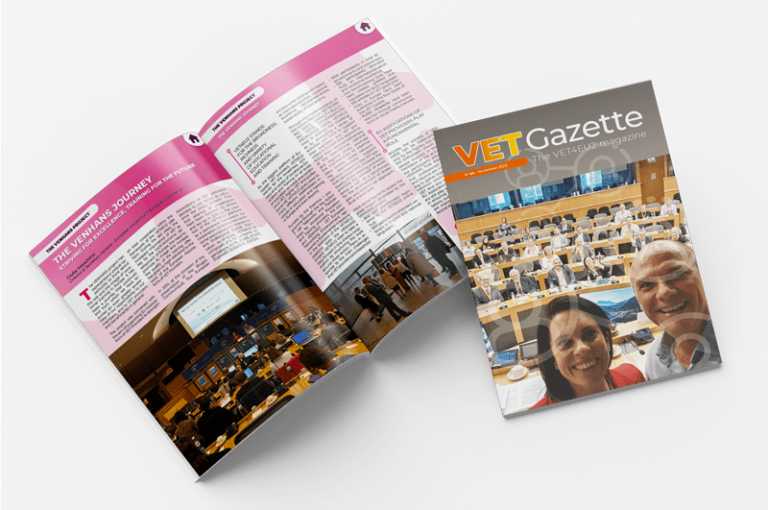

Responses
Really Intresting